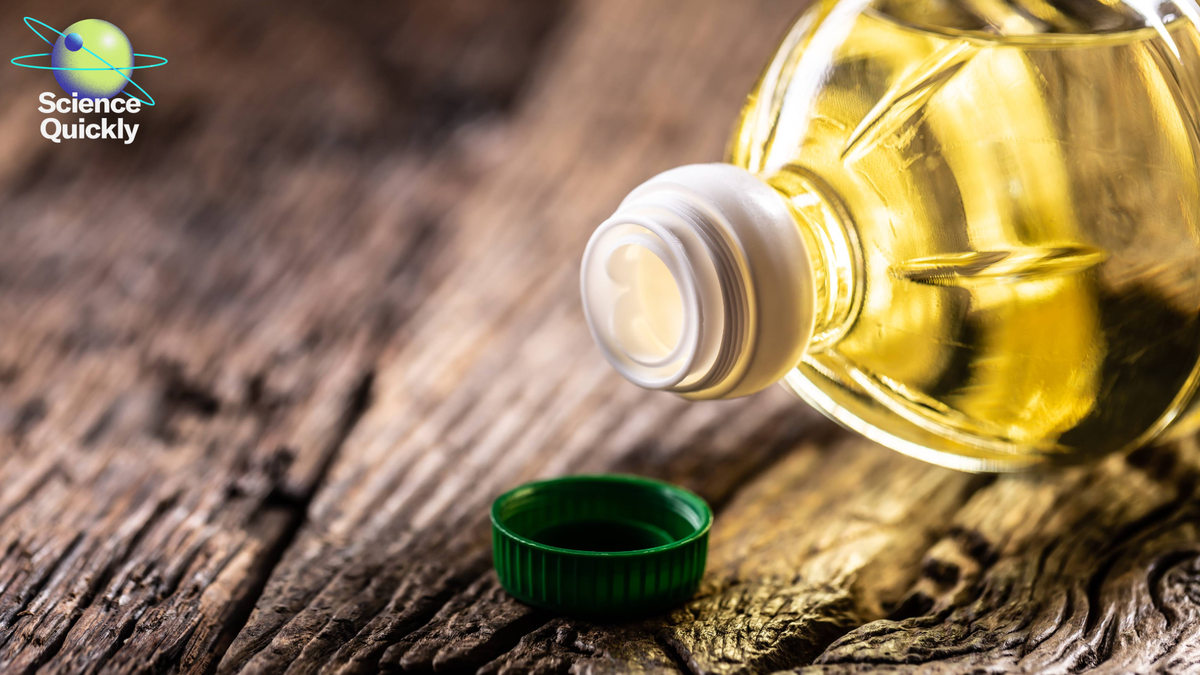Controversy over cooking oils sparks debate in health circles – ClickOnDetroit | WDIV Local 4

DETROIT – A controversy over the safety of common cooking oils has sparked debate in health circles, with some critics labeling certain seed-based oils as “the hateful eight” while others maintain they’re safe for consumption.
Medical experts are now addressing public concerns about seed oils like canola, sunflower, and corn oil, which have become staples in American kitchens and processed foods.
Part of the problem is that the research into seed oils is not definitive, “There are a lot of limitations, and I think that applies to all nutrition science,” says Dr. Cori Russell, a Henry Ford Health cardiologist specializing in lipid management. She notes that while some people worry about processing methods and inflammation risks, the scientific evidence doesn’t support avoiding these oils.
Understanding the Controversy
The debate centers around seed oils in general, but specifically eight seed oils that critics have dubbed “the hateful eight”: canola, corn, cottonseed, grapeseed, soy, rice bran, sunflower, and safflower oil. These oils contain high levels of omega-6 fatty acids, which some claim could promote inflammation.
However, Dr. Russell challenges this notion. “I do not think there’s enough data to support that the ‘hateful eight’ are going to cause harm, especially if you are using them in normal everyday cooking in just the amount of food that a normal human is eating,” she explains.
Processing vs. Product
Ashley Carnahan, a Henry Ford Health dietitian, raises an important point about the correlation between seed oils and health issues. “They’re found in highly processed foods, so the highly processed foods are going to be bad for you. So is it really the seed oil or is it the processed food that’s contributing to the chronic diseases?”
Replacement Considerations
Another concern that’s been raised is what would be used to replace seed oils. Some have suggested replacing seed oils with animal-based alternatives like beef tallow, but medical experts strongly caution against this approach. Dr. Russell warns, “If we used things like butter, ghee, beef tallow, the animal products, there’s very good data already that shows that our risk of heart disease and stroke, and peripheral artery disease, even things like insulin resistance and fatty liver disease would all become more prevalent.”
Expert Recommendations
For those seeking alternatives, olive oil emerges as the top choice backed by scientific evidence. However, practical considerations such as flavor profiles, shelf life, and temperature tolerance mean that olive oil isn’t always a suitable replacement in every cooking situation.
“It’s good to be open-minded and think about everything that you’re eating and be very mindful of the things that you’re cooking and feeding your family — but you certainly want to avoid the things that we already know are damaging,” Dr. Russell advises.
The Bottom Line
While research continues, the current scientific consensus supports the safe use of seed oils in moderate amounts as part of a balanced diet. “There is not enough data right now to say that seed oils are harmful,” Dr. Russell concludes, emphasizing that more research is needed while acknowledging that what we don’t yet know about these oils deserves continued investigation.


